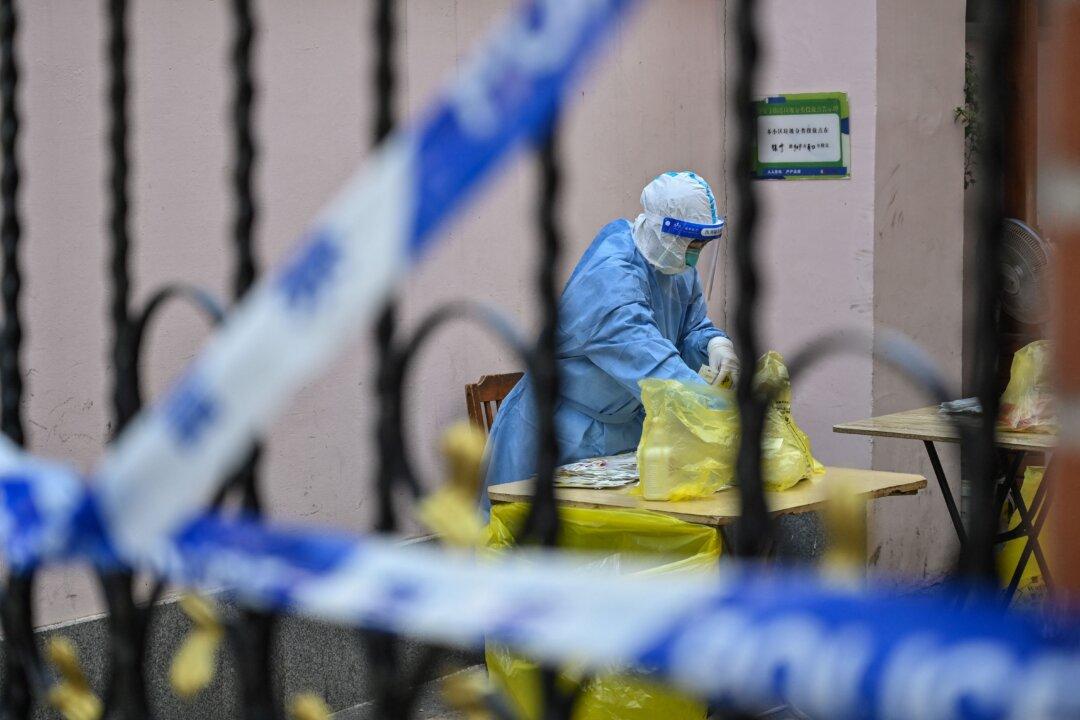Omicron is tearing through densely-populated Shanghai, but some residents are finding the regime’s strict COVID control measures and lack of transparency worse than the threat posed by the highly-contagious variant itself.
Cheng Ming (alias), who lives in the eastern area of the city that’s currently under lockdown, has been desperately trying to reach his 88-year-old grandmother for two days.




